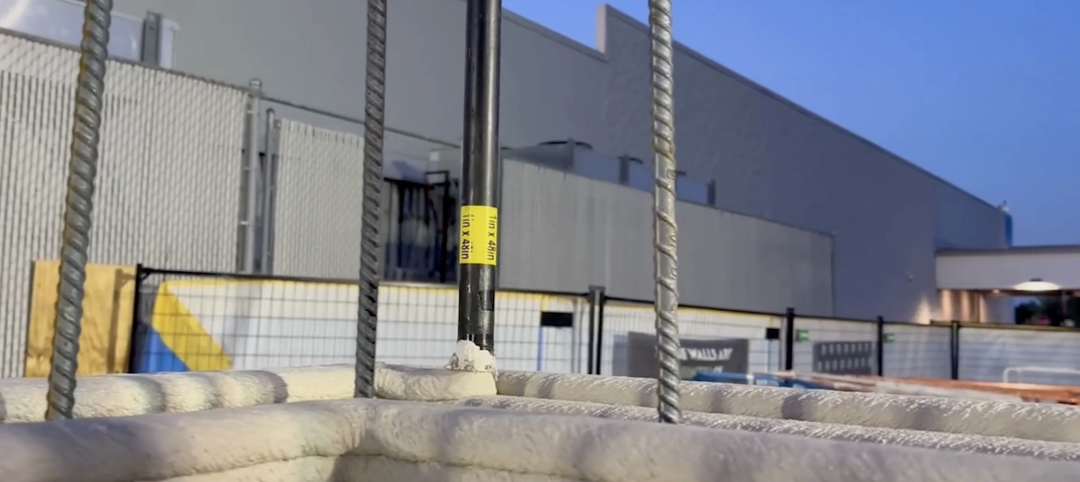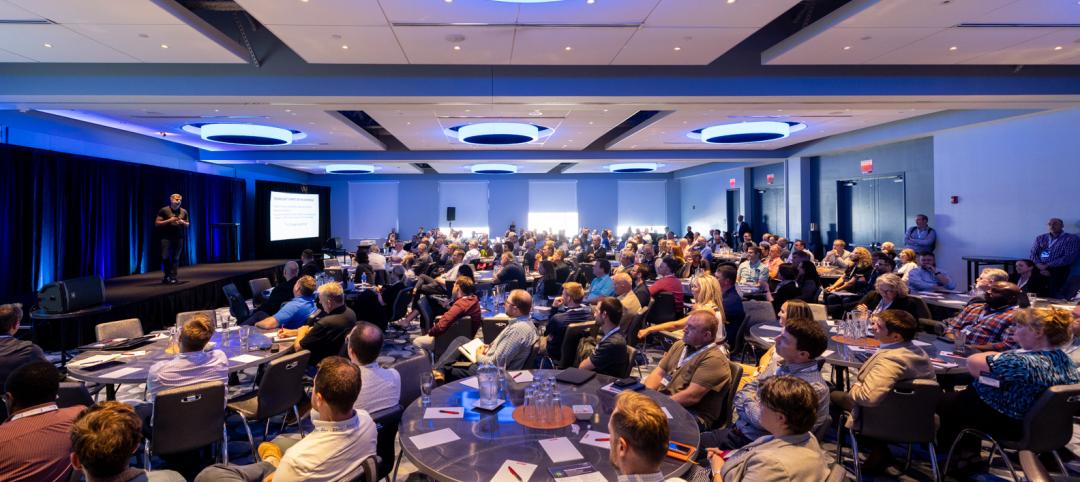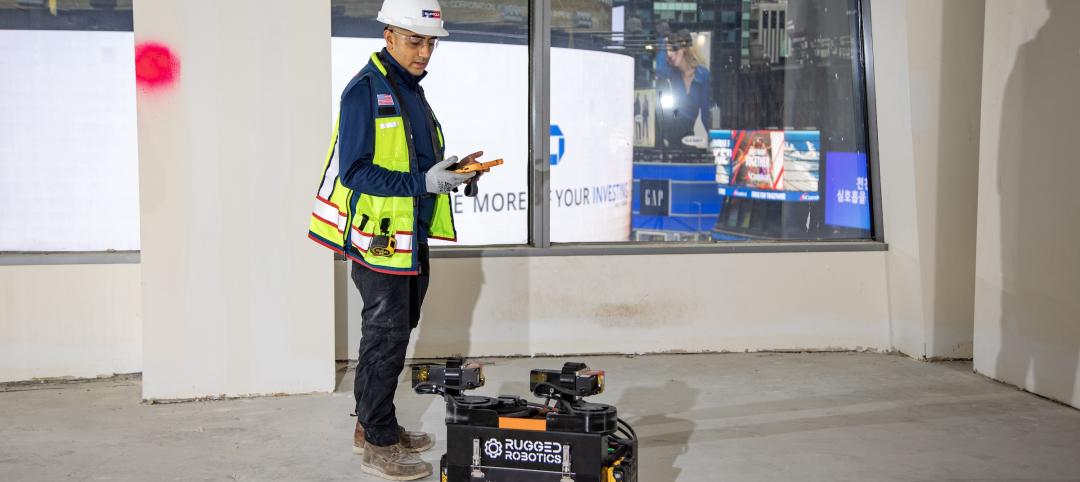Early next year, construction is scheduled to begin on Coral Mountain, a 400-acre masterplan resort in the Coachella Valley near LaQuinta, Calif., which will be the first of its kind whose amenities include an 18-million-gallon water basin that’s activated by artificial wave technology.
The land, which had already been approved for 750 homes, is owned by Meriwether Companies, a private real estate and development firm; and Big Sky Wave Developments, founded and directed by Michael B. Schwab, the son of famed investor Charles Schwab, whose company is one of the country’s largest financial services firms. Michael Schwab formed his company in 2016 to develop exclusive wave-zone resorts.
This $200 million Coral Mountain is designed by CCY Architects. VITA Planning and Landscape Architecture is doing the land planning and landscaping, and MSA Consulting is the CE. The rest of the building team, including its GC, will be brought on board later this year, according to a spokesperson for the project.
The full-service hotel and resort will include a private club, multiple dining venues, and adventure sports offerings. In its latest design, the 2,000-ft-wide wave basin will replace a previously approved golf course, and is expected to use less water.
The technology that will provide the resort’s guests with the longest rideable, open-barrel, human-made wave in the world comes from Kelly Slater Wave Company, a division of Santa Monica, Calif.-based World Surf League, which creates surf-specific events, experiences, and storytelling. Kelly Slater Wave Company is named after the 11-time world champion surfer Kelly Slater.
RESORT’S WAVE BASIN CAN HANDLE UP TO 20 SURFERS AN HOUR
Coral Mountain will be the first resort in the U.S. to deploy Slater’s wave technology, which uses a giant hydrofoil that is pulled through the water to push out the wave for 700 yards, for an almost one-minute wave from start to finish. Large end bays can accommodate 15 to 20 beginner-to-intermediate surfers each hour on either end of the wave basin. (The only other place with this technology in use is Kelly Slater’s Surf Ranch in Lemoore, Calif., and that doesn’t have resort facilities or end bays built into it.)
“We are excited to bring to life an unprecedented vision for an experiential resort development, curated for today’s active and engaged consumer here in Southern California and beyond,” said Noah Hahn, Partner, Meriwether Companies, in a prepared statement.
The project spokesperson says Coral Mountain is being financed primarily through equity and some low-leverage debt. Despite the coronavirus that shut down many businesses in California, the project continues to go through the approvals process, and Meriwether and Big Sky don’t anticipate delays in the construction start or its completion target in 2022.
Also see: Mega surf parks take entertainment to new extremes
The history of man-made waves has been fraught with business and mechanical failures. Probably the best known startup was NLand Surf Park, which opened in Austin, Texas, in 2016, and whose owner was Coors Brewing Company scion Doug Coors. Until it shut down, NLand was using wave technology from Wavegarden, one of several such providers that are active in the industry sector.
WAVE TECHNOLOGIES IN COMPETITION
In January 2019, Kelly Slater Wave Company, through an LLC, acquired NLand for a reported $4.8 million. Meanwhile, Wavegarden has been pushing its so-called “cove” technology, which was first tested in Spain and last November debuted at The Wave park in Bristol, England. This technology reportedly produces waves as high as two meters.
A spokesperson for World Surf League asserts that the League chose to acquire Kelly Slater Wave Company because “it was the best artificial wave technology where tour pros could train, and the WSL could host world tour events.”
“I originally invested with Kelly in 2013 for my own personal surfing progression,” recalled Schwab, Big Sky Wave Developments’ Managing Director. “I had no idea the impact it would have on my life, and I realized immediately that I had to share this opportunity.”
Related Stories
AEC Tech Innovation | Oct 8, 2024
New ABC technology report examines how AI can enhance efficiency, innovation
The latest annual technology report from Associated Builders and Contractors delves into how artificial intelligence can enhance efficiency and innovation in the construction sector. The report includes a resource guide, a case study, insight papers, and an essay concerning applied uses for AI planning, development, and execution.
AEC Tech | Oct 3, 2024
4 ways AI impacts building design beyond dramatic imagery
Kristen Forward, Design Technology Futures Leader, NBBJ, shows four ways the firm is using AI to generate value for its clients.
3D Printing | Sep 17, 2024
Alquist 3D and Walmart complete one of the nation’s largest free-standing, 3D-printed commercial structures
Walmart has completed one of the largest free-standing, 3D-printed commercial structures in the US. Alquist 3D printed the almost 8,000-sf, 20-foot-high addition to a Walmart store in Athens, Tenn. The expansion, which will be used for online pickup and delivery, is the first time Walmart has applied 3D printing technology at this scale.
Energy Efficiency | Aug 9, 2024
Artificial intelligence could help reduce energy consumption by as much as 40% by 2050
Artificial intelligence could help U.S. buildings to significantly reduce energy consumption and carbon emissions, according to a paper by researchers at the Lawrence Berkeley National Laboratory.
Affordable Housing | Aug 7, 2024
The future of affordable housing may be modular, AI-driven, and made of mushrooms
Demolished in 1989, The Phoenix Ironworks Steel Factory left a five-acre hole in West Oakland, Calif. After sitting vacant for nearly three decades, the site will soon become utilized again in the form of 316 affordable housing units.
Great Solutions | Jul 23, 2024
41 Great Solutions for architects, engineers, and contractors
AI ChatBots, ambient computing, floating MRIs, low-carbon cement, sunshine on demand, next-generation top-down construction. These and 35 other innovations make up our 2024 Great Solutions Report, which highlights fresh ideas and innovations from leading architecture, engineering, and construction firms.
AEC Tech Innovation | Jul 4, 2024
Caution competes with inevitability at conference exploring artificial intelligence for design and construction
Hosted by PSMJ, AEC Innovate in Boston found an AEC industry anxiously at the threshold of change.
AEC Tech | Apr 30, 2024
Lack of organizational readiness is biggest hurdle to artificial intelligence adoption
Managers of companies in the industrial sector, including construction, have bought the hype of artificial intelligence (AI) as a transformative technology, but their organizations are not ready to realize its promise, according to research from IFS, a global cloud enterprise software company. An IFS survey of 1,700 senior decision-makers found that 84% of executives anticipate massive organizational benefits from AI.
AEC Tech | Feb 28, 2024
How to harness LIDAR and BIM technology for precise building data, equipment needs
By following the Scan to Point Cloud + Point Cloud to BIM process, organizations can leverage the power of LIDAR and BIM technology at the same time. This optimizes the documentation of existing building conditions, functions, and equipment needs as a current condition and as a starting point for future physical plant expansion projects.
AEC Innovators | Feb 28, 2024
How Suffolk Construction identifies ConTech and PropTech startups for investment, adoption
Contractor giant Suffolk Construction has invested in 27 ConTech and PropTech companies since 2019 through its Suffolk Technologies venture capital firm. Parker Mundt, Suffolk Technologies’ Vice President–Platforms, recently spoke with Building Design+Construction about his company’s investment strategy.
















